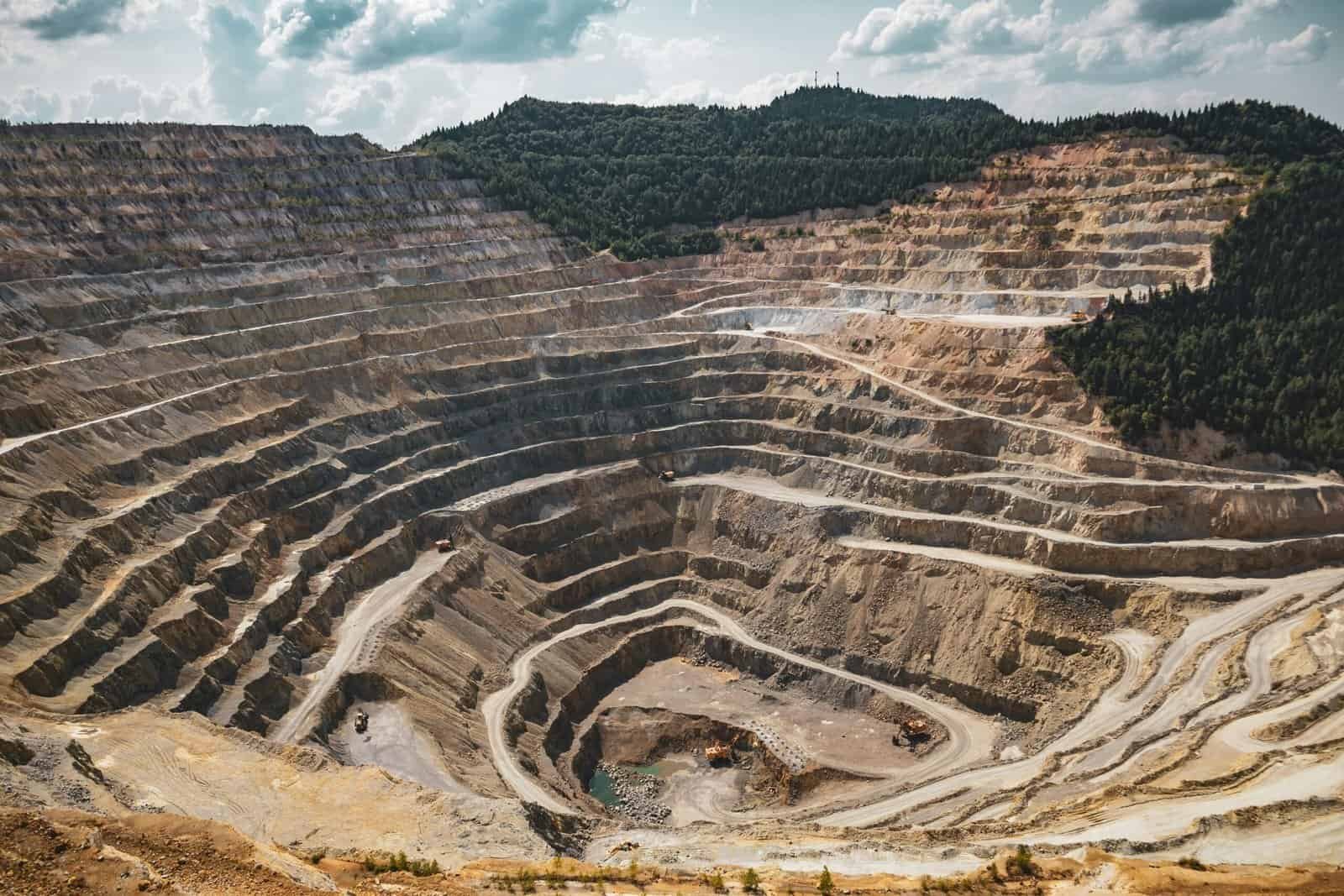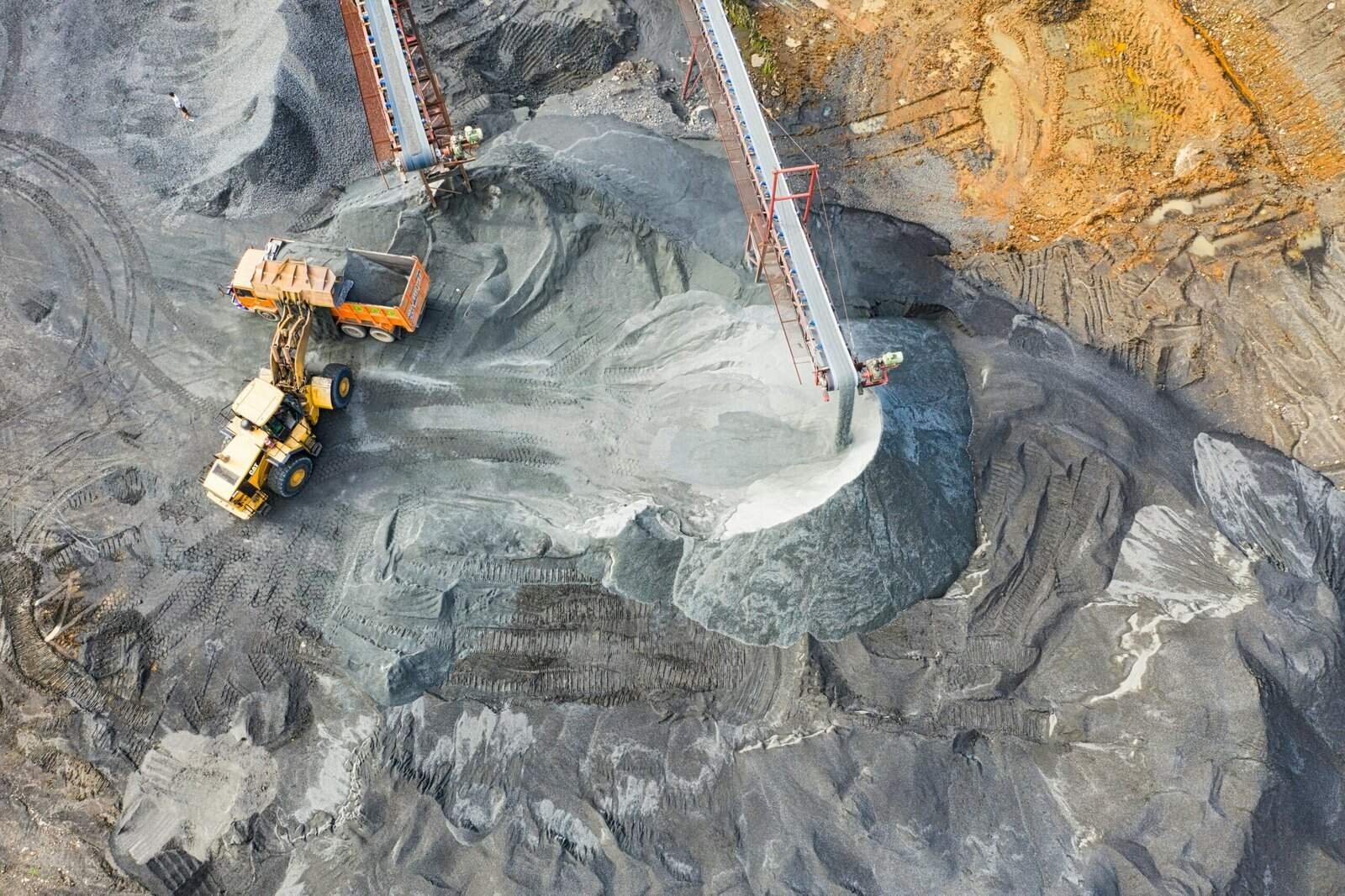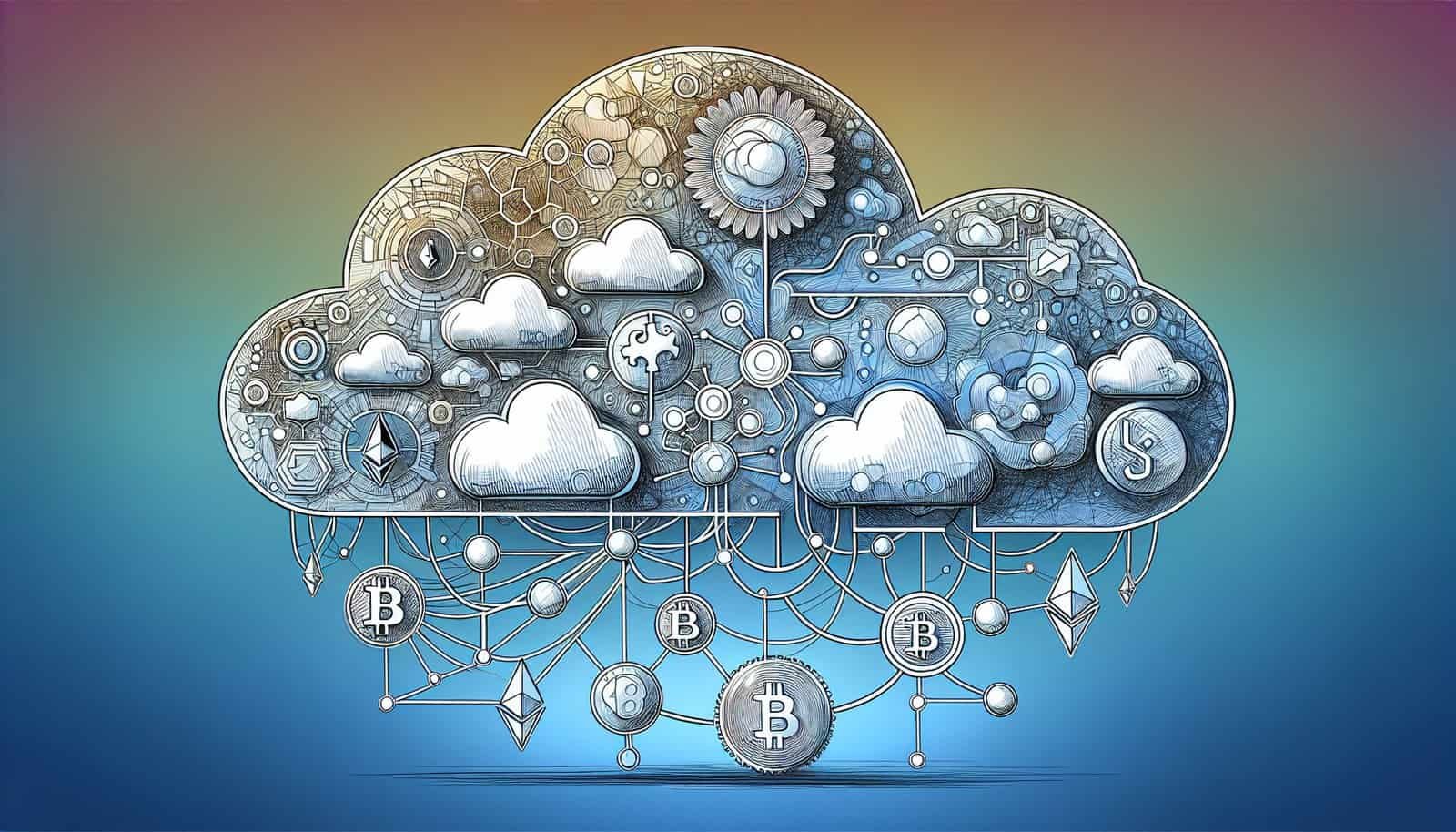Have you ever wondered what cloud mining is all about? As technology continues to evolve, so do the methods in which we can engage in cryptocurrency mining. This article aims to demystify the concept of cloud mining and provide you with an understanding of its implications and advantages. By the end, you will have a clearer picture of whether cloud mining could be beneficial for you.
Understanding Cloud Mining
Cloud mining is a novel technique that allows you to participate in cryptocurrency mining without needing to own or operate any hardware yourself. The idea is relatively straightforward: instead of investing in expensive mining equipment and worrying about the associated running costs such as electricity and maintenance, you effectively rent hardware from a remote data center. These data centers are often located in regions with low electricity costs, optimizing the cost-effectiveness of the operation.
How Does Cloud Mining Work?
The process begins when you sign up with a cloud mining service provider; you’ll generally be required to select a contract that best suits your investment capabilities. These contracts typically outline the hash power you’re renting, the cost, and the period during which the mining will take place on your behalf. Hash power refers to the computational power used by cryptocurrencies to solve transactions. Once you have selected and paid for a contract, the cloud mining company takes care of the rest. This includes not only running the hardware necessary for mining but also managing technical issues and operational costs.
Types of Cloud Mining
There are a few different types of cloud mining models that companies offer, allowing you to choose one that fits your needs the best:
Hosted Mining: This model involves leasing a mining hardware rental and having it hosted in a dedicated facility. It’s similar to procuring your own equipment but offloads the responsibility of maintenance to the hosting company.
Virtual Hosted Mining: You set up a virtual private server (VPS) and install your own mining software. This allows for more control over the mining process but also requires certain technical knowledge.
Leased Hash Power: This is the most common type of cloud mining. You lease a portion of the mining power (hash rate) of a large data center. This method is entirely hands-off; you don’t need any technical knowledge to begin.
Benefits of Cloud Mining
Cloud mining offers several advantages that make it appealing, particularly to beginners or those wary of the overhead costs associated with traditional mining.
Cost-Efficiency: By leveraging cloud mining, you eliminate the need for investment in costly hardware and the associated running costs.
No Technical Skills Required: With leased hash power, no technical skills are necessary to begin mining. This is particularly beneficial for those who might be deterred by the complexities of operating mining hardware.
Scalability: You can adjust the amount of computational power you are leasing based on your budget and expectations of returns, making cloud mining a scalable solution.
Drawbacks of Cloud Mining
Of course, no method is without its downsides. Here are a few drawbacks of cloud mining that you should consider:
Trust Issues: Not all cloud mining companies operate with transparency. There have been instances of fraudulent entities in the market. Ensuring you select a trustworthy provider is crucial.
Lower Profits: Since you are paying a service fee to the company hosting the servers, your potential profit might be lower than if you mined on your own hardware.
Lack of Control: When you engage in cloud mining, you don’t have control over the hardware, which could be a deterrent if you prefer a hands-on approach.

Cloud Mining Providers
Looking into reputable cloud mining providers is a critical step if you decide to pursue this form of mining. The market has several established players known for their reliability and customer service. Let’s explore a few well-known names:
| Provider Name | Features | Pros | Cons |
|---|---|---|---|
| Genesis Mining | Operates from Iceland, transparency in operation | Good reputation, diversified mining options | Can be expensive |
| Hashflare | Offers customizable mining contracts | Flexible contract terms, user-friendly interface | Maintenance fees can add up |
| NiceHash | Market for buying and selling hash power | Immediate payouts, a good marketplace for both buyers and sellers | Requires technical knowledge for optimal results |
| IQ Mining | Provides a smart mining strategy | User-friendly interface, low withdraw threshold | Returns depend on market conditions |

The Future of Cloud Mining
The potential of cloud mining is incredibly vast. As blockchain technology continues to evolve, so will the methods and efficiency of cloud mining. Increased renewable energy usage in data centers could lead to more eco-friendly operations. Furthermore, with emerging blockchain technologies such as proof-of-stake challenging the traditional proof-of-work model, the future landscape for cloud mining will be interesting to observe.
Technological Advancements
The technology driving cloud mining is constantly evolving, promising improvements in both efficiency and cost-effectiveness. Innovations in cooling technology, energy generation, and hardware optimization are likely to further decrease operational costs, making cloud mining more appealing to a wider audience.
Regulatory Considerations
One significant factor that will shape the future of cloud mining is governmental regulation. As cryptocurrencies become more mainstream, governments are enacting regulatory frameworks to control and tax such operations. This could influence where data centers are built and how they operate.

Cryptocurrencies and Gaming Industry
The intersection of cryptocurrencies and the gaming industry is an exciting topic. Different cryptocurrencies are emerging, focusing specifically on gaming ecosystems, enabling transactions and rewarding players.
Are There Cryptocurrencies Specific to Gaming?
Yes, there are several cryptocurrencies that have been created specifically for the gaming industry. Here’s a look at a few noteworthy ones:
Enjin Coin (ENJ): Enjin Coin is a cryptocurrency designed for gaming environments, making the creation and management of virtual goods easier. It provides the tools necessary to develop games with integrated digital economies.
GameCredits (GAME): Designed as a payment solution for gaming, GameCredits facilitates the purchase of in-game items and experiences.
Decentraland (MANA): A versatile platform in which users can buy, develop, and trade virtual reality applications using a digital currency called MANA.
Each of these crypto options serves different purposes but beckons for integration into gaming platforms, providing innovational transactional methods and rewarding systems.
The Benefits for Gamers
Ownership and Transparency: Blockchain technology provides full transparency, allowing players to genuinely own in-game assets. They can be traded, sold, or transferred entirely independently of the game.
Interoperability: Cryptocurrencies allow for the transfer of assets between different games, creating a more interconnected and user-friendly gaming experience.

Conclusion
Cloud mining and gaming-oriented cryptocurrencies represent a leap forward in the integration of new technology in existing domains. From facilitating the process of acquiring a new digital currency to revolutionizing in-game economies, these technologies offer exciting new possibilities. Whether you’re new to cryptocurrencies or an experienced investor, both fields offer opportunities for engagement and innovation.
So, as you consider whether cloud mining aligns with your goals or how crypto can enhance your gaming ventures, remember, the integration of these technologies isn’t just a trend but a forward-looking shift in how we engage with digital environments. With the right research and understanding, you can make informed decisions and possibly benefit from this digital transformation.

